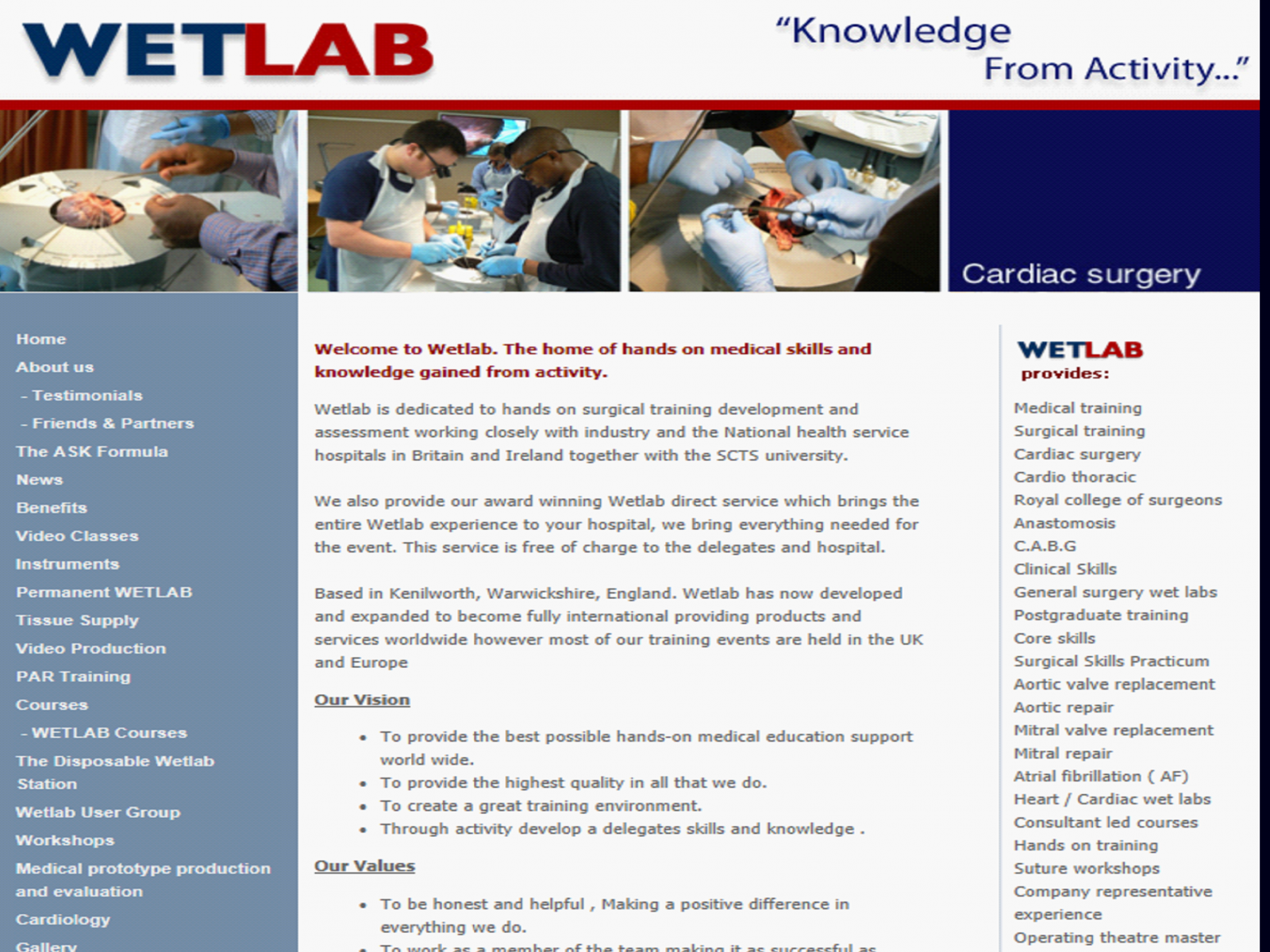
Theme
10AA Surgery
Title
Various strategies for meeting the challenge of Surgical training under European Working Time Directive
Background
 The past decade has seen significant changes to the face of surgical training in the United Kingdom, driven in part by an increasing focus on patient safety and the introduction of Modernising Medical Careers and the European Working Time Directive (EWTD).
The past decade has seen significant changes to the face of surgical training in the United Kingdom, driven in part by an increasing focus on patient safety and the introduction of Modernising Medical Careers and the European Working Time Directive (EWTD). - EWTD have restricted surgical trainees’ workweek to 48 hours.
- Resident work hour limits will likely reduce the incidence of fatigue-related medical errors and improve resident safety and quality of life.
- Furthermore, other substantial negative impacts include reduced clinical exposure, erosion of professionalism, and inadequate preparation for independent practice.
- We reviewed various strategies available to make surgical training more effective in this new climate
Summary of Results
- Numerous effective tools and strategies are available utilizing technologies in terms of simulations and web based learning programmes e.g. Virtual Continuity in Learning Programme (VCLP).
- Tools for training and learning under EWTD
-
Simulation
Wet Labs
Simulators

-
Tools
Ipad & Smartphones
-
E-books
-
Podcasts
-
Educational videos
-
Guidelines
-
Work-based assessment tools
-
Online logbooks
-
Medical Apps
-
-
Web based learning - the Virtual Continuity in Learning Programme (VCLP)
-
- The competency-based education and Entrustable Professional Activity should constitute the core of the curriculum.
- Several validated assessment tools are available to find the efficacy of these strategies and tools of training reforms.
- Training Assessment
- Assessment of clinical expertise
- Mini-assessed clinical encounter
- Case-based discussion
- Case presentation
- Journal club presentation
- Directly-observed procedural skills
- Mini-peer assessment tool
- Assessment of teaching
Take-home Messages
- The EWTD is here to stay.
- Time should no longer be the surrogate for adequate training and education.
- We can all meet the challenge by adopting various novel and effective strategies.
- all the education that takes place is of the highest quality.
- a targeted curriculum that is organised and structured
- fostering learning in all available environments
- encouraging students actively to participate in their own learning
- making good use of available technology
- setting up a robust system of evaluation,
Summary of Work
We completed a comprehensive search of all publications to date pertaining to surgical training under EWTD by using PubMed and Medline.
Conclusion
 The learning curve for doctors in training - grown steeper thanks to the time constraints imposed by the EWTD.
The learning curve for doctors in training - grown steeper thanks to the time constraints imposed by the EWTD.- Changing educational climate - an opportunity to modernise the way we teach and learn.
- Make learning more effective and efficient.
- Trainers and trainees - focus on specific areas in education to overcome the barriers in learning due to shortened training time
In the end, the primary goal of the postgraduate medical education system must be to ensure the creation of healthy surgeons
- who can provide excellent clinical care in surgical speciality and
- who will have long fulfilling careers providing this outstanding care to their patients.
Tips for the Trainers:
- Formulate a relevant curriculum
- State clear goals and objectives
- Use a systematic approach
- Foster learning in all environments
- Tap the technology
- Give useful and timely feedback
Tips for Trainees:
- Study the curriculum
- Stick to your goals
- Create learning opportunities
- Be self directed
- Cultivate a problem based approach
- Use mentoring support
References
- Hopmans CJ, den Hoed PT, van der Laan L, et al, Impact of the European Working Time Directive (EWTD) on the operative experience of surgery residents. Surgery. 2015 Apr;157(4):634-41.
- Horvath KD, Pellegrini CA. Commentary on: "Impact of the European Working Time Directive (EWTD) on the operative experience of surgical residents". Surgery. 2015 Apr;157(4):642-4.
- Morrison I, Flower D, Hurley J, McFadyen RJ. Working the night shift: a necessary time for training or a risk to health and safety? J R Coll Physicians Edinb. 2013;43(3):230-5.
- Breen KJ, Hogan AM, Mealy K. The detrimental impact of the implementation of the European working time directive (EWTD) on surgical senior house officer (SHO)operative experience. Ir J Med Sci. 2013Sep;182(3):383
- Gough IR. The impact of reduced working hours on surgical training in Australia and New Zealand. Surgeon. 2011;9 Suppl 1:S8
- Canter R. Impact of reduced working time on surgical training in the United Kingdom and Ireland. Surgeon. 2011;9 Suppl 1:S6-7
- Donohoe CL, Sayana MK, Kennedy MT, Niall DM. European Working Time Directive: implications for surgical training. Ir Med J. 2010 Feb;103(2):57-9.
- Lim E, Tsui S; Registrars and Consultant Cardiac Surgeons of Papworth Hospital 2003-2005. Impact of the European Working Time Directive on exposure to operative cardiac surgical training. Eur J Cardiothorac Surg. 2006Oct;30(4):574-7.


